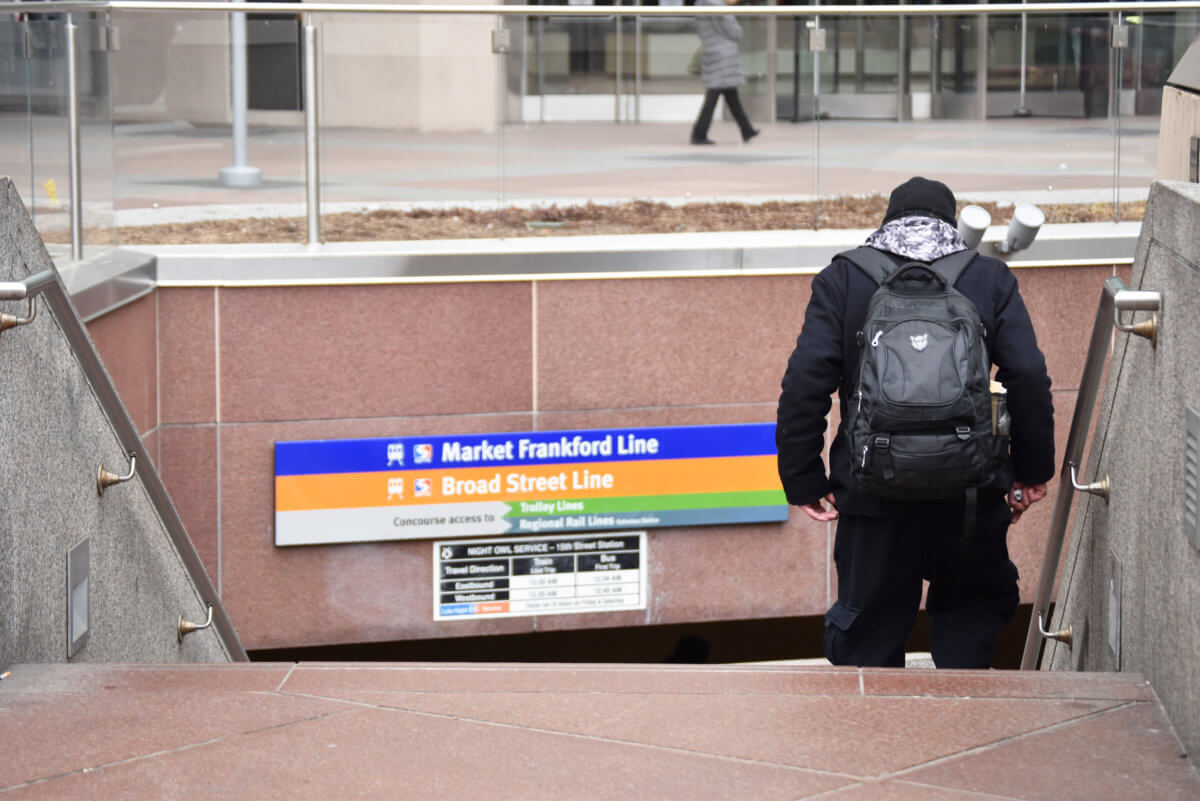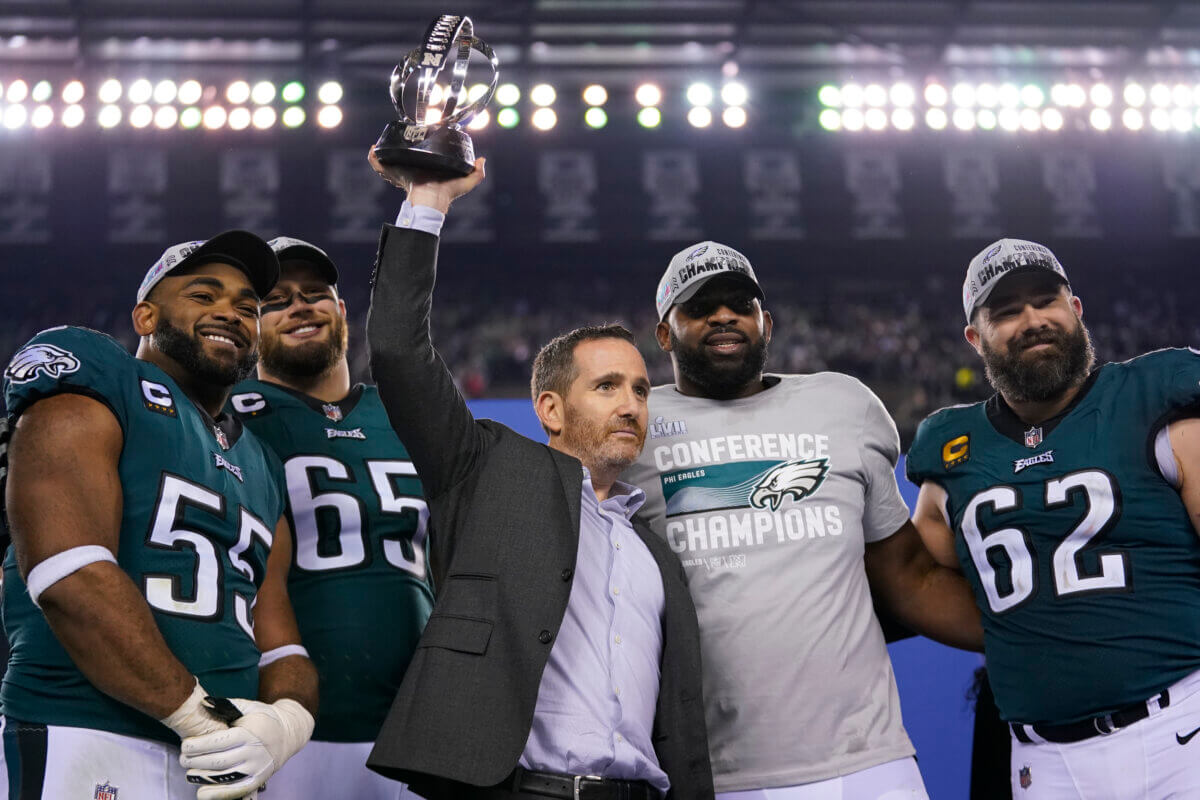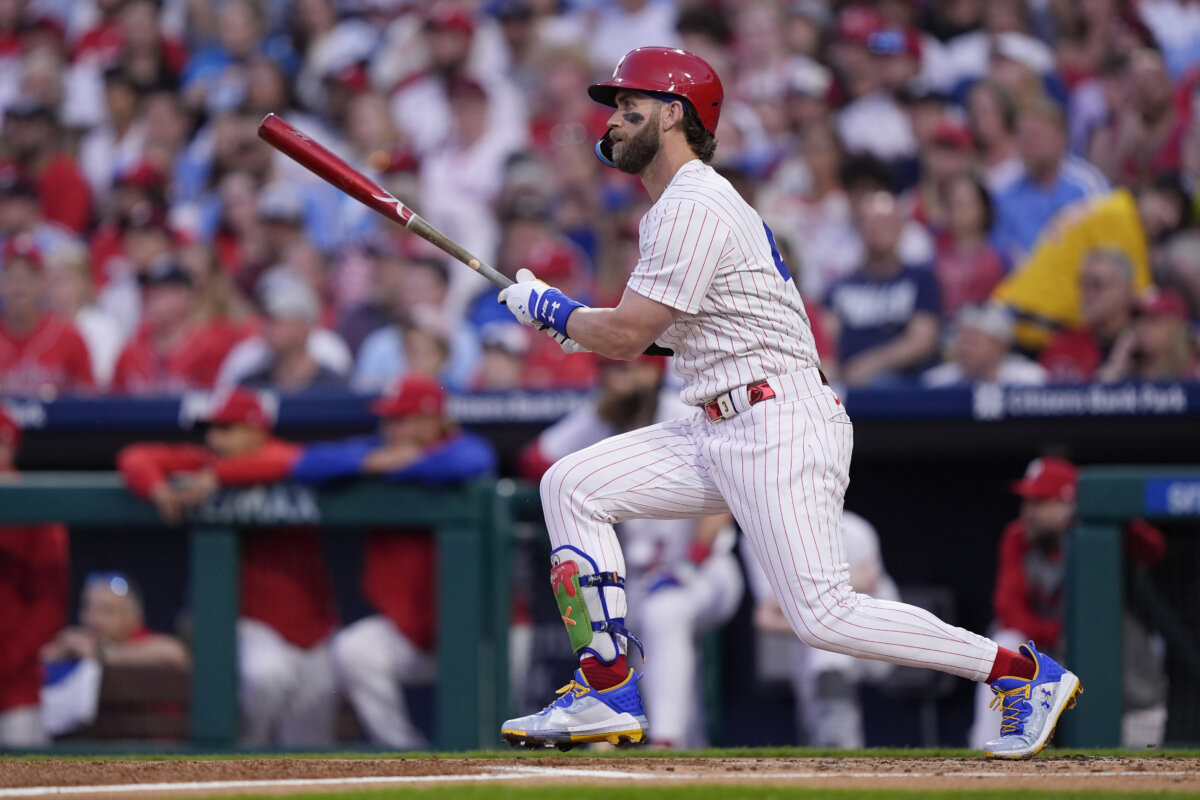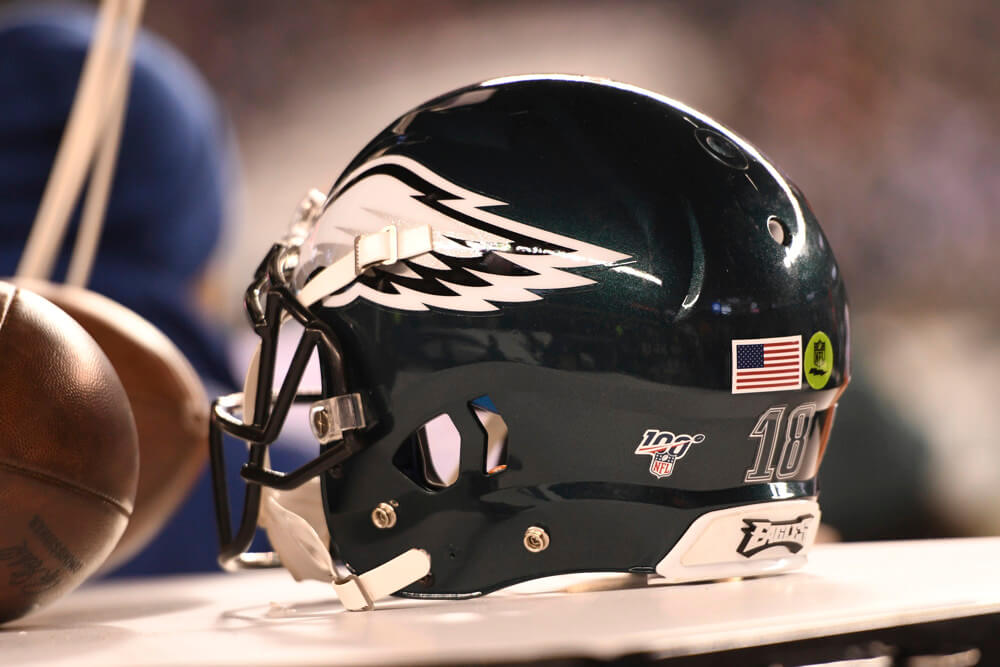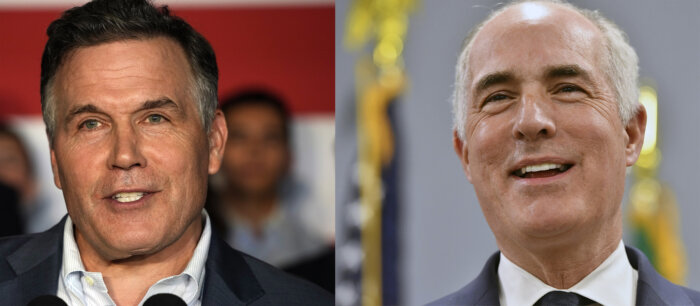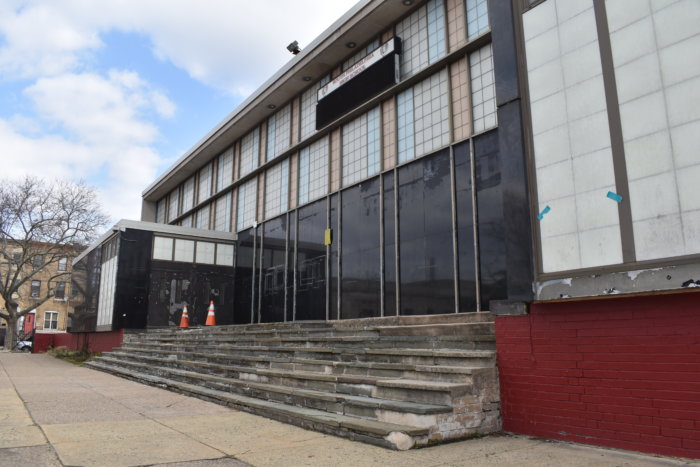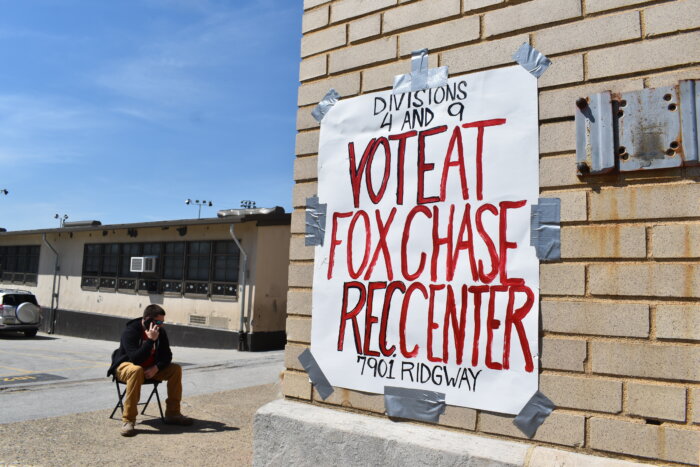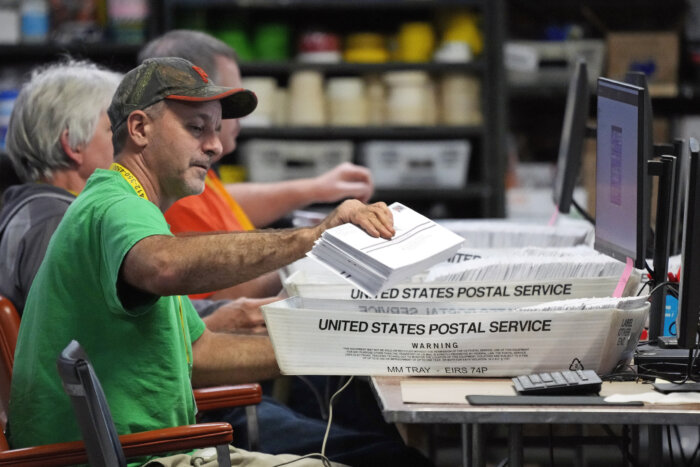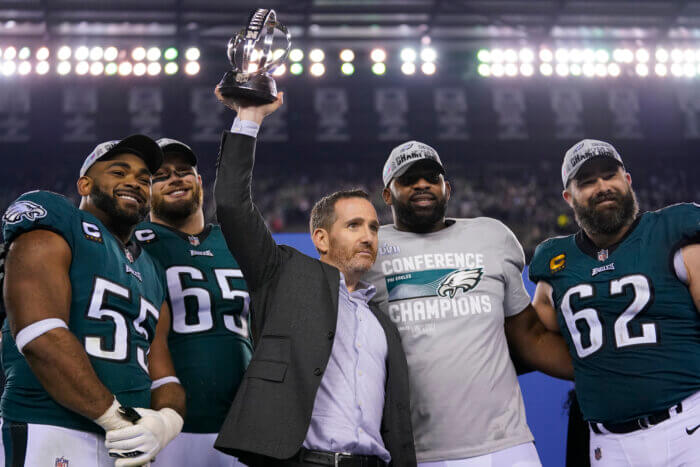Following the COVID-19-related deaths of three employees, SEPTA is taking its most drastic steps yet to reduce service in response to the coronavirus pandemic.
Starting Thursday, the transit agency is temporarily eliminating about half of its bus and trolley routes; closing 18 subway stations; and cutting service entirely on six Regional Rail lines.
SEPTA has reported 82 coronavirus cases among its employees, and at least 200 are self-quarantining after possible exposure.
More than 1,000 employees, about 15 percent of the agency’s front line workforce, have called out over the past few days, SEPTA spokesman Andrew Busch told Metro.
All of those numbers are expected to increase in the near future, he added.
“Overall, the schedule is dealing with the reality that our workforce is diminished by this illness,” Busch said.
In addition, SEPTA transit police officers will be dispatched to stations to make sure those who do ride trains, trolleys and buses are essential workers or traveling to a grocery store, medical center, pharmacy or other life-sustaining facility.
Officers won’t be posted at every stop—that isn’t possible—but they will be engaging with customers. For example, Busch said, they may question a group of teenagers to make sure they’re not hopping on the train to meet up with friends.
Mayor Jim Kenney and SEPTA General Manager Leslie Richards have pleaded with residents to stay off public transportation unless they really need to travel.
“Unfortunately, too many people are not cooperating with this request, and they are putting the health and lives of our essential customers and employees at risk,” Richards said in a statement Tuesday evening.
Some have wondered whether SEPTA will shut down the whole system due to the pandemic. Busch said the agency has contingency plans but would likely further reduce service before bringing everything to a halt.
“That’s not something we’re looking to do, and we certainly hope to avoid going to a situation like that,” he said.
SEPTA is also asking passengers with essential business to wear masks, and the agency has begun distributing them to all employees.
Riders on the Market-Frankford and Broad Street lines will not be allowed to use cash. Instead, they will have to purchase a quick trip or Key Card at a kiosk.
Last week, SEPTA began limiting access to Jefferson, Suburban, 69th Street and Frankford stations to test out the rider-only model, Busch said.
MFL stops that will be closed under the new “Lifeline Service Schedule,” which goes into effect Thursday, are Church, Tioga, Somerset, York-Dauphin, 2nd Street, 5th Street, 13th Street, 56th Street, 63rd Street and Millbourne.
On the BSL, the Tasker-Morris, Lombard-South, Spring Garden, Fairmount, Susquehanna- Dauphin, Wyoming, Logan and Chinatown (Broad-Ridge Spur) stops will be shut down.
Meanwhile, service will be suspended on the Chestnut Hill East, Chestnut Hill West, Cynwyd, Manayunk/Norristown, West Trenton and Wilmington/Newark lines. Trains on the Paoli/Thorndale Line will only run between Center City and Malvern and between Center City and Lansdale on the Lansdale/Doylestown Line.
Some lines were cut because there are alternate routes, including other trains or buses, that are available for riders, Busch said.
SEPTA will be running 60 bus and trolley routes. Normally, the agency operates about 120 surface routes. About half of the underground trolley stations in Center City will also be closed.
Busch said the transit agency adapted its winter weather schedule to select which buses to continue running. They also looked at which routes connect to hospitals, grocery stores and train lines, he added.
SEPTA hopes to make additional buses available on those routes to supplement existing vehicles and help with passenger limits and social distancing.
For a full list of the changes and schedules, visit septa.org.



